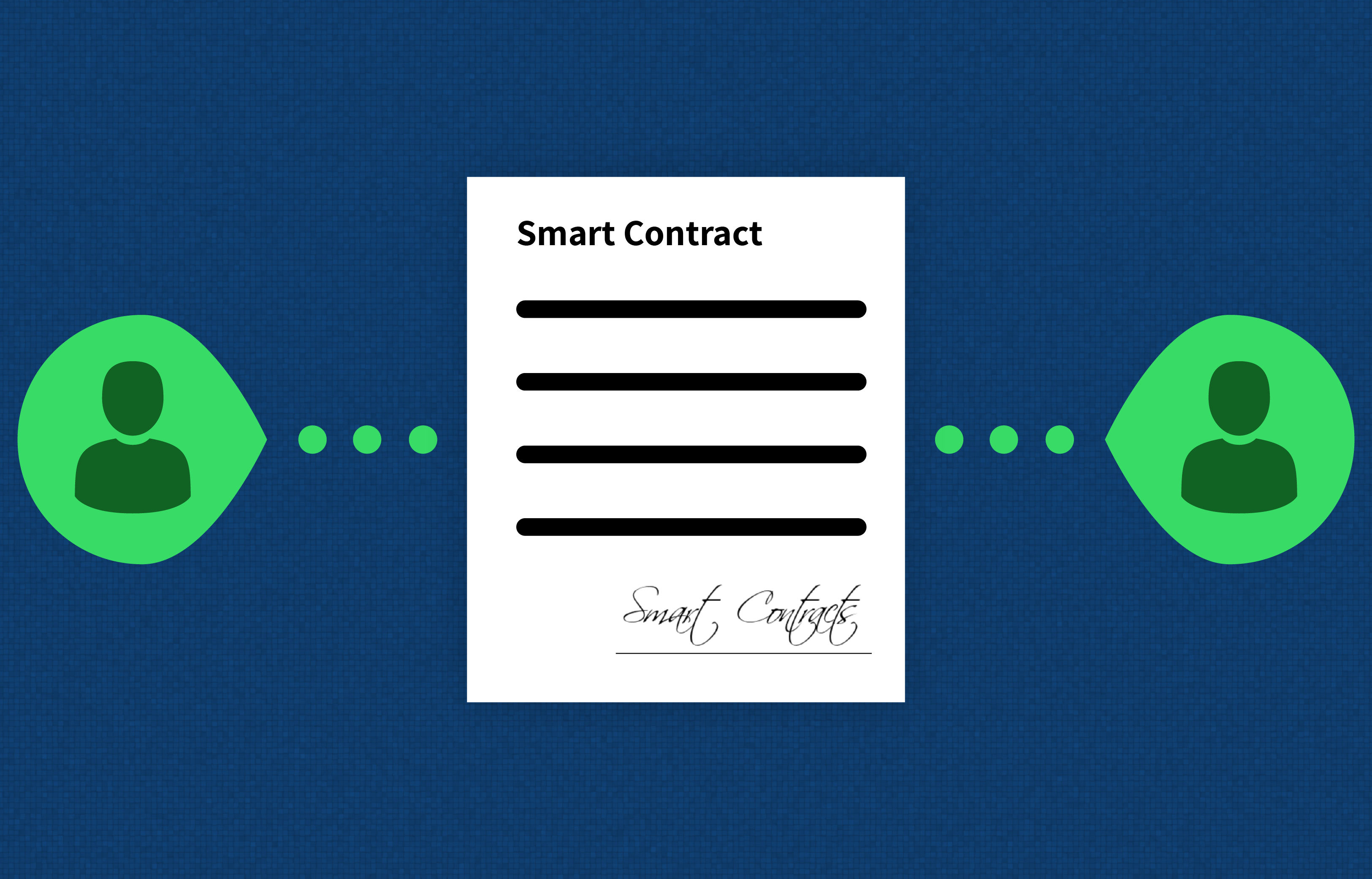Enabling entrepreneurship and lowering costs through smart contracts
Smart contracts aren’t actually ‘smart’ in the traditional sense of the word. They only become ‘smart’ if they are constructed as such by their writer. Smart contracts aren’t even ‘drafted’ because that would refer to the act of composing written work. In this case, a programmer writes the code for the smart contract. Programmers don’t ‘draft’ codes. Even reading the term ‘draft’ takes your mind to a draft version of a regulatory document, rather than executable instructions for a machine. The point of this convoluted introduction is this - don’t get hung up on words when reading about new concepts. Smart contracts are just IFTTT agreements between individuals enabled by robots.

What is an IFTTT Agreement?
The IFTTT example is useful for this blog’s purposes because of its popularity. An IFTTT agreement invokes a chain reaction when an action occurs on one platform, this means an automatic series of other actions can be pre-programmed to happen as a consequence.
An example would be: Donald Trump tweets after 10 pm, an Uber is ordered to your location, an SMS is sent to your loved ones telling them you’re going to be missing for a few hours, drinks are ordered at your nearest bar, your lights are turned off as soon as you leave, and a donation is made to your favorite literacy advocacy program.
‘Robots’ & The Potential of Smart Contracts
In IFTTT and Smart Contracts the enabling agent for all these actions are robots (the word ‘robots’ is being used to highlight the future potential for smart contracts.) Currently, we have lots of platforms and computers that make our lives easier by executing our wonderfully written code. We, as a society, have deemed it necessary to create a content delivery system that distributes Kim Kardashian’s pictures to millions of people within a few milliseconds. With that in mind, we can also construct conditions based on what happens on those computers.
Smart contracts will never replace lawyers, but they will replace mutual third parties with machines, and they’re going to facilitate interconnected systems that enable companies to do more with fewer resources. They can connect the producer and the end user throughout a distribution chain. In our commercial world, something of value enters the market, and it trickles all the way down to the end user.
For example: energy is created, and then someone many miles away turns on their TV and it is consumed. Similarly, a chemical compound is made, mixed with factory made antibiotics, and then consumed by someone who needs it. Each step has its own requirements and complications. That’s how society works, we have divided labor so that we can achieve greater things.
Smart contracts allow us to create systems that enable a view of the entire scope of work. Although Richard Thaler won a Nobel Prize for his work in behavioral economics, there are still many things we can’t predict. Although we have built supercomputers to predict the weather, it’s still out of our reach to accurately do so. That is why we need the IF in our systems. If something happens, then to make our lives easier, we can set up a chain reaction. If we are driving and it starts raining, isn’t it great when the windshield wipers turn on automatically? Imagine that but on a much grander scale. If you pay for a big mac, shouldn’t part of the money go directly to the farmer that provided the pickles and onions?
Endless Possibilities for Entrepreneurs
Imagine a system that allows an entrepreneur to create a company, contract with suppliers of products or services, and pay them their share of whatever she sells. An insurance company that sells highly diversified insurance via a group of international insurance companies, based on smart contracts. An electricity distribution company that can buy electricity from anywhere in the world, a transportation company that utilizes its vehicles and distributes profits depending on the movement of people. This idea of interconnected systems applies to countless industries.
Smart contracts are not a new concept. They have been around for many years (which translates to centuries, in ‘tech time’), however creating these contracts was extremely difficult and only made sense to those with deep pockets, such as financial institutions. Each time a stock is traded a new contract isn’t drawn up and signed by the seller and the buyer. Do you think High-Frequency Trading would exist if it wasn’t based on smart contracts? The recent breakthrough in smart contracts is due to blockchains such as Ethereum, almost anyone can create a system of smart contracts now.
In the next few blog posts, we’ll be examining systems that can be created today. In the future, we can look forward to a true (Terminator-style) AI world, where robots can evaluate and react to reality on the same level as humans. So, stay tuned…